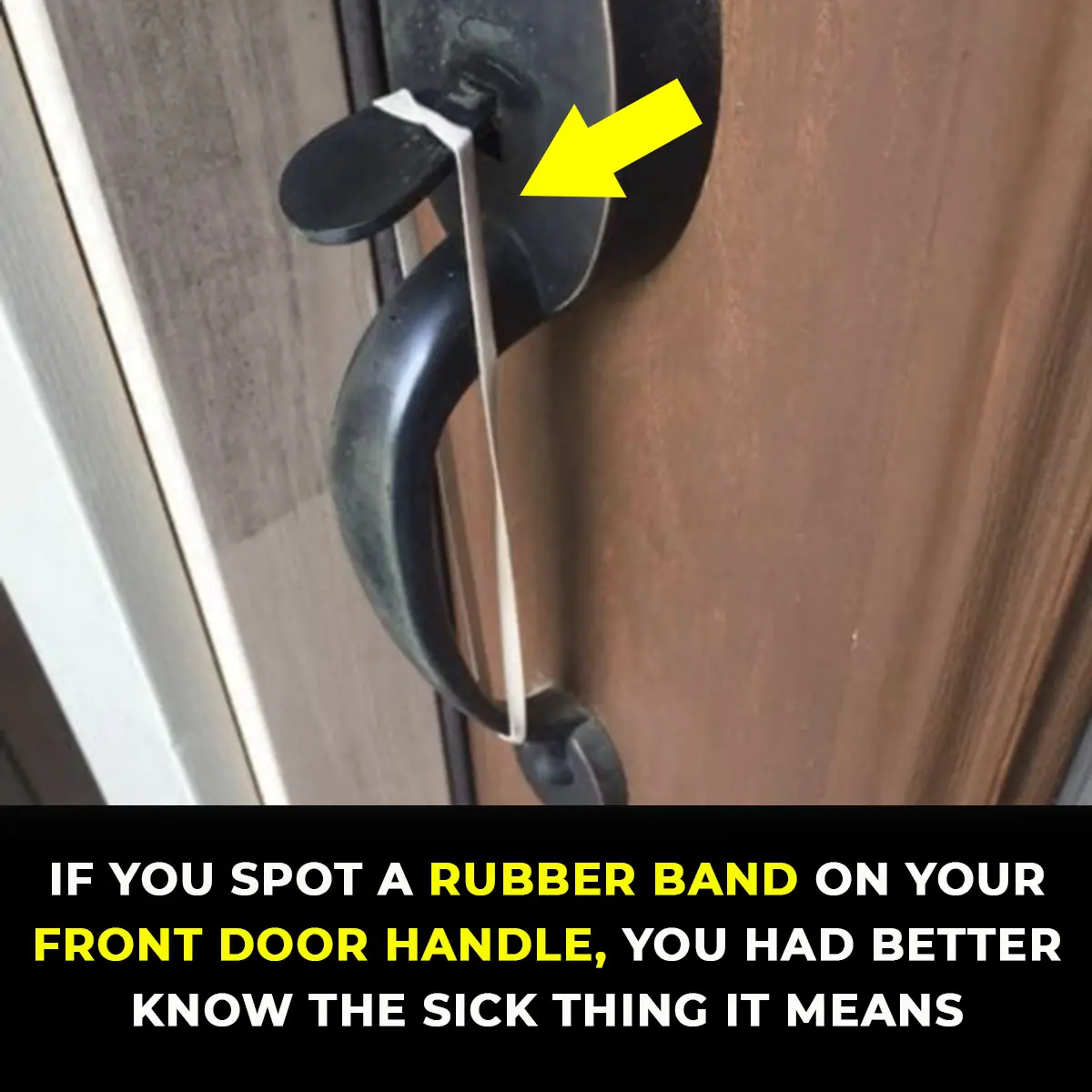
Should You Turn Off WiFi and Bluetooth at Night?
Should You Turn Off WiFi and Bluetooth at Night? Here’s What You Need to Know
In today’s hyper-connected world, we rarely think twice about keeping our smartphone’s WiFi and Bluetooth on 24/7. Whether it's for syncing smartwatches, streaming music, or staying connected, these wireless features have become part of our daily routines. But what happens when the day is over? Is it worth switching them off while you sleep?
The answer might surprise you. From conserving battery life to improving sleep quality and boosting personal security, powering down WiFi and Bluetooth overnight can offer a range of subtle but meaningful benefits.
1. Battery Life and Device Longevity
Leaving WiFi and Bluetooth on overnight drains your battery, even when you’re not actively using your phone. These wireless features constantly search for signals, networks, and devices in the background, using up valuable energy.
By switching them off before bed, you can conserve battery power and reduce the number of charging cycles your phone goes through—potentially extending its lifespan. Over time, this small habit can make a noticeable difference in your device’s performance and durability.
2. Reduced Exposure to Electromagnetic Fields (EMFs)
Although WiFi and Bluetooth emit low levels of radiation, they are sources of electromagnetic fields (EMFs). Some studies suggest that constant exposure—especially during long, uninterrupted periods like sleep—may have subtle effects on health, though conclusive evidence is still under debate.
If you’re sensitive to EMFs or want to err on the side of caution, turning off wireless signals at night is a simple way to reduce your exposure. This practice is particularly recommended for children, whose developing bodies may be more vulnerable to environmental stressors.
3. Improved Sleep Quality
You’ve probably heard that blue light from screens can disrupt your sleep by interfering with melatonin production. But did you know wireless signals might also play a role in sleep disruption?
Some researchers believe that EMFs may affect brain activity during sleep, leading to lighter rest or more frequent awakenings. While the science is still evolving, many people report better sleep when electronic devices are kept away—or at least disconnected—at night. Creating a low-interference sleep environment could help you enjoy deeper, more restorative rest.
4. Enhanced Digital Security
Keeping WiFi and Bluetooth on around the clock increases the risk of unauthorized access to your device. These wireless connections can serve as gateways for hackers, especially if you're in public places or connected to insecure networks.
Turning off these features at night limits your device’s exposure to potential threats. This is a particularly wise move if you store sensitive data, use mobile banking, or conduct any private communication on your phone. Even when you're asleep, digital protection matters.
5. Healthier Habits and Reduced Screen Time
It’s tempting to scroll through social media, check emails, or stream videos before bed—especially if your phone is fully connected. Disabling WiFi and Bluetooth helps reduce this temptation by cutting off notifications and access to the internet.
This small shift can significantly improve your bedtime routine. Reduced screen time before sleep is linked to lower stress levels, decreased anxiety, and better sleep hygiene. You might also find it easier to wind down and be more mindful, leading to a calmer end to your day.
6. Automation Makes It Easy
Most modern smartphones come with features that let you schedule WiFi and Bluetooth settings. Whether you use built-in automation tools or third-party apps, it’s simple to set your phone to disconnect from wireless services during specific hours, like overnight.
This allows you to benefit from the advantages without having to remember to toggle the settings manually. It’s convenience and health-consciousness in one.
7. When You Might Want to Stay Connected
Of course, not everyone can completely disconnect at night. If you use your phone for critical updates, alarms, or emergency calls, you may need to keep WiFi—or at least cellular data—on. In this case, you can selectively disable Bluetooth while keeping essential services active.
Airplane mode is an option if you want full disconnection, but it’s not always practical. The key is to find the right balance that fits your lifestyle and needs.
The Bottom Line
Turning off WiFi and Bluetooth at night may seem like a small step, but its benefits can add up. From conserving battery life and enhancing digital security to improving your sleep and reducing exposure to EMFs, it’s a healthy habit worth considering.
Whether you choose to fully disconnect or make partial adjustments, prioritizing your well-being and digital boundaries can lead to a more balanced, restful life. Sometimes, the best way to recharge your phone—and yourself—is to unplug.
News in the same category


Scientists reveal the creepy reason parasites crawl on your face while you sleep
It may not be comforting to know that you share your face with a small army of eight-legged mites.

15 Sh0cking Predictions Bill Gates Made 25 Years Ago — Now They’re All Reality
His 15 predictions weren’t just accurate; they reshaped how we live, work, and connect.

Woman Claps Back at Older Generation for Judging Her Tattooed Body

What Do You See First? Discover How You Express Love

10 Things You Should And Shouldn't Do Before a Gyno Visit—Doctors Reveal the Truth
A little planning makes the visit faster, smoother, and more productive for both you and your doctor.

It is Illegal Live in an RV on Your Property in These Us States

British Mom Who 'Died' For 17 Minutes After Workout Shares What She Witnessed

Dealing with 10 Common Bathroom Pests

Chaos following discovery of radioactive wasp nest at former US nuclear weapons site

Ancient Inscriptions Inside Great Pyramid Rewrite History Of Its Builders

Nurse at palliative care reveals the top 5 regrets of people right before they di3d

The Hidden Meaning Behind Leg-crossing — It’s More Than Just Comfort

Off The RecordIf You Ever Notice Your Door Handle With A Rubber Band On It DO NOT Touch It

Jake, a Single Dad, Discovers a Heartwarming Breakfast Surprise

90-Year-Old Woman Used a Grenade as a Pestle for Over 20 Years

A New Kind of Human Has Officially Been Discovered

Scientists Finally Reveal the Chilling Truth Behind Blood Falls In Antarctica
Deep beneath Antarctica's frozen surface lies a crimson waterfall so eerie and surreal, it appears the glacier itself is bleeding. Known as Blood Falls, this chilling natural wonder holds secrets that could reshape our understanding of life on Earth—and

What Is Gyan Mudra? Benefits, Meaning, and How to Practice It Daily
This habit is a powerful hand gesture used in yoga and meditation to boost focus and inner peace. Discover its meaning, benefits, and how to practice it daily for a calmer, clearer mind.
News Post

6 Powerful Teas That Will Instantly Reduce Inflammation and Boost Your Health

15 Early Warning Signs That Cancer Is Spreading In Your Body

Natural Ways to Remove Dental Plaque That Are Never Shared in Clinics

Test Your Color Vision: Can You Read These Words?

Chagas Disease and the Fight Against Nighttime Bugs

Scientists Share Breakthrough Findings From Male Birth Control Pill Trial And Explain How It Actually Works

7 Warning Signs of Lung Cancer You Shouldn’t Ignore

80% of Heart Attacks Can Be Prevented—Just Do These 5 Easy Things

Vaping Dangers: Popcorn Lung, Cancer, Hypertension, Brain Damage and More

Warning Signs of Zinc Deficiency and How to Cure It

Ginger Should Be Avoided When Taking Certain Medications or Having Certain Health Conditions

Insane amount of money viral 'Storm Area 51' stunt cost the US military

Scientists explain 'puzzling blob' heading straight for New York City that's hidden 200 kilometers below our feet

The Second Lunch: How One Quiet Act Sparked a Schoolwide Movement.

The Wild Soul Who Chose Me: A Farewell to Nawty.

My Husband Said He Was Helping His Brother Fix the Roof After Work for Two Weeks – Then I Ran Into My SIL and Heard the Shocking Truth

My New DIL Shamed My Granddaughter Over a 'Cheap' Gift – She Didn't Expect the 'Surprise' I Had in Store for Her

At Our Baby's Christening, My FIL Ran Into the Church and Screamed, 'Stop! This Is the Wrong Baby!'
